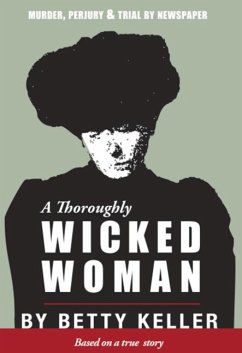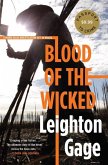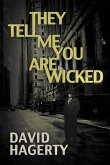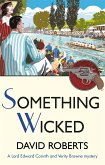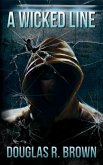On a foggy evening in November 1905, 48-year-old Thomas Jackson returned to his home on Melville Street in Vancouver after nine months of prospecting north of the Skeena. Jackson was happy because he had made an important gold strike. Four days later he was dead from strychnine poisoning. Any of the other four people living in the house on Melville Street could have slipped the poison into the mixture of Epsom salts and beer that Jackson took on the morning of his death. Reporters from Vancouver's newspapers chose Jackson's teary-eyed, fragile, 24-year-old wife, Theresa, as their first choice for the guilty party. Then as the days went by, their preference shifted to the dead man's steely-eyed, light-fingered, American mother-in-law, Esther Jones. Suspicion also fell on the two boarders -- Esther's nephew Harry Fisher and Ernest Exall. All of them had the opportunity to plant the poison. Eventually the police followed up on the newspapers' revelations, the most important being that Harry Fisher was not Esther's nephew but her son. Fisher fled to Washington, and in his absence his mother and sister were arrested -- not for murder but for perjured testimony at the coroner's inquest. What followed was a series of hearings and trials in the city's courtrooms with fledgling lawyers trying to make their names in combat with the celebrated defence counsel Joseph Martin, KC. At the same time the newspapers, which were locked in a deadly circulation war, tried desperately to trump each other with juicy bits of information, all of it splashed on their front pages week after week. In the end the two women served time in the BC Penitentiary, but no one was ever tried for the murder of Thomas Jackson. Acclaimed writer Betty Keller has based her sensational story of murder and intrigue on actual events that occurred in Vancouver's pre-World War I years.
Hinweis: Dieser Artikel kann nur an eine deutsche Lieferadresse ausgeliefert werden.
Hinweis: Dieser Artikel kann nur an eine deutsche Lieferadresse ausgeliefert werden.

